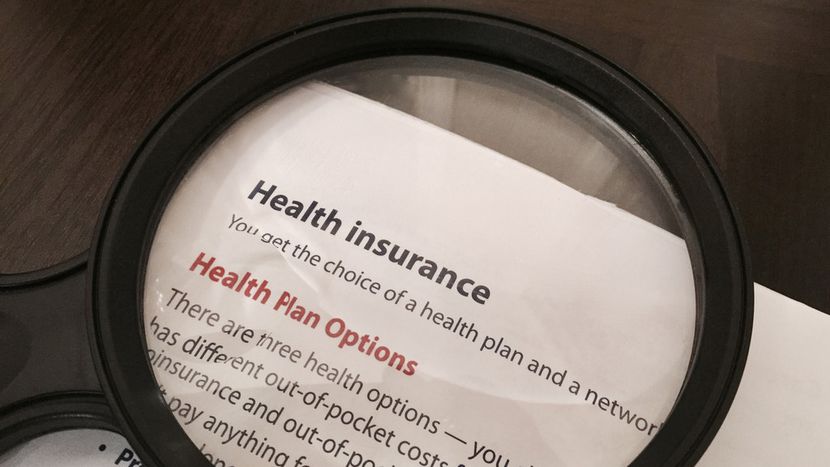By John C. Goodman
Originally posted at Dallas Morning News, September 2017
Many agree the Affordable Care Act is in desperate need of reform. Some Texas families are paying more for their health insurance than they pay for their mortgages. They are also getting less access to care. According to their websites, University of Texas M.D. Anderson Cancer Center in Houston and UT Southwestern Medical Center in Dallas are just a few of the centers of excellence that no longer accept individual Affordable Care Act plans.
Sens. Lindsey Graham, R-S.C.; Bill Cassidy, R-Louisiana; Dean Heller, R-Nebraska; and Ron Johnson, R-Wisconsin, have introduced a proposal to radically change all this. Roughly speaking, if a state is satisfied with the Affordable Care Act, it can keep it. But if Texas wants better, more affordable insurance, it would be able to have it.
According to a recent Congressional Budget Office report, close to 30 million people nationwide are uninsured and that number isn’t expected to change much. The reason: Millions of people have decided that the products being offered are not worth the premiums being charged. The Graham-Cassidy bill allows insurers to offer a more attractive package of benefits for a lower premium. Judicious use of risk pools and reinsurance would also help – especially with high-cost enrollees migrating from group to individual insurance. If Texas established a dedicated source of funding for this purpose, it should be able to reduce premiums in the non-group market by as much as 50 percent.
Low- and moderate-income families are being forced to buy coverage that is completely inappropriate for their financial circumstances and health status. Instead of insurance that has unlimited annual and lifetime limits and a $13,000 deductible, would they rather have more limited coverage along with a lower deductible and a health savings account? Limited benefit insurance would give the family easy entry into the system, but would leave some very expensive cases for the safety net (which is a more appropriate way of funding them, anyway).
At least one plan could be offered with a premium that is no more than the subsidy the state provides. Since these plans would require no out-of-pocket payment by the enrollee, people could be automatically enrolled through the food stamp program, by H&R Block, at the Department of Motor Vehicles and in other ways. Universal coverage could be a reality rather than an empty slogan. MORE
This article originally appeared digitally at Dallas Morning News on September 29, 2017.

0 Comments